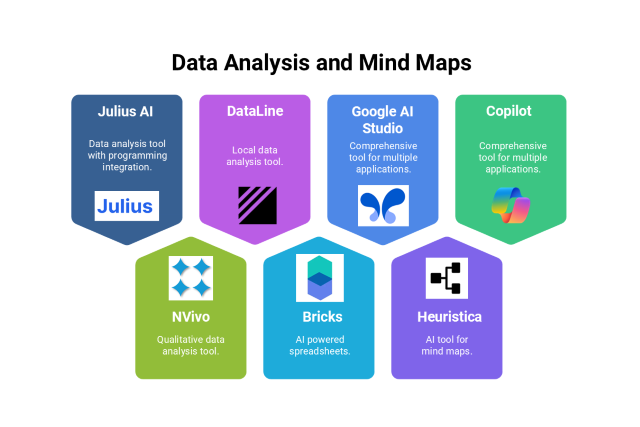AI tools for education, learning and research: a session designed to build and enhance AI literacy
Giorgio Chianello shares his new interactive workshop designed to help students and staff develop Artificial Intelligence (AI) literacy and build skills in using and assessing output for generative AI for teaching, learning and research.

In the past few years, the use, capabilities and applications of large language models (LLMs) has grown exponentially. To support this technological transition, I designed an interactive workshop to help students and staff develop Artificial Intelligence (AI) literacy and build skills in using and assessing output for generative AI for teaching, learning and research.
The workshop is now embedded in various modules across the Faculty of Science and Engineering, from foundation to postgraduate level and has been delivered within and outside Queen Mary University of London. It includes interactive discussions on the ethical, societal, and environmental impacts of AI, as well as hands-on exploration of AI-powered tools. By engaging participants in discussions and through Mentimeter, I assess their familiarity/command with AI in order to tailor the workshop accordingly.
This work aligns with several Queen Mary University of London graduate attributes such as “Be AI and digitally literate”, “Engage critically”, “Apply expertise”, “Innovate and problem solve” and “Act ethically”.
When introducing these tools, the need for educators to guide users in critically evaluating AI-generated content is highlighted. AI tools can be powerful aids, but users must develop the skills to verify information and understand AI limitations.
The session is not discipline specific, but it is skills based so it can be delivered to audiences from any background. Participants are encouraged to bring and use their own devices to engage with the tools showcased.
The session has so far reached over 400 undergraduate and postgraduate students (from foundation to PhD level) and members of staff (postdocs, academics and professional services). The session has been very well received, with 84% of respondents reporting that they found the session Interesting or Very Interesting, and 91% reporting that they found the session Useful or Very Useful.
The workshop is divided in four parts:
- AI perception and use
- Understand potential and pitfalls of AI
- Use of AI tools and output analysis
- Final considerations and session evaluation
It is important to note that most AI tools require subscriptions, potentially creating disparities among users. If we do use AI activities in our teaching/research or encourage students to use it to support their learning, we need to ensure that all have the same opportunities. It is always worth checking what is available on the free version of each platform – many of the useful features highlighted in the workshop are available on the free models. However, we should note that universities should consider providing AI tools’ licenses to ensure equal access for all.
The integration of AI in education is not about replacing traditional learning/research methods but enhancing them. Through activities like prompting AI tools with known facts and assessing their accuracy, users can refine their critical thinking skills. But they need support in doing this. By using AI strategically and discussing its strengths, weaknesses and other considerations, educators/researchers can foster research skills, improve efficiency, and help students develop a critical approach to AI-generated information.
Dr Giorgio Chianello is Senior Lecturer in Chemistry, Director of Science and Engineering Foundation Programme and Outreach and Public Engagement Coordinator for Chemistry in the School of Physical and Chemical Sciences.
Contact Giorgio if you would like to run his workshop for your students/staff, if you would like to explore AI in education or discuss further (both internal and external to Queen Mary).
Festival of Education 2025: Poster
AI tools for Education, Learning and Research [PDF 756KB]